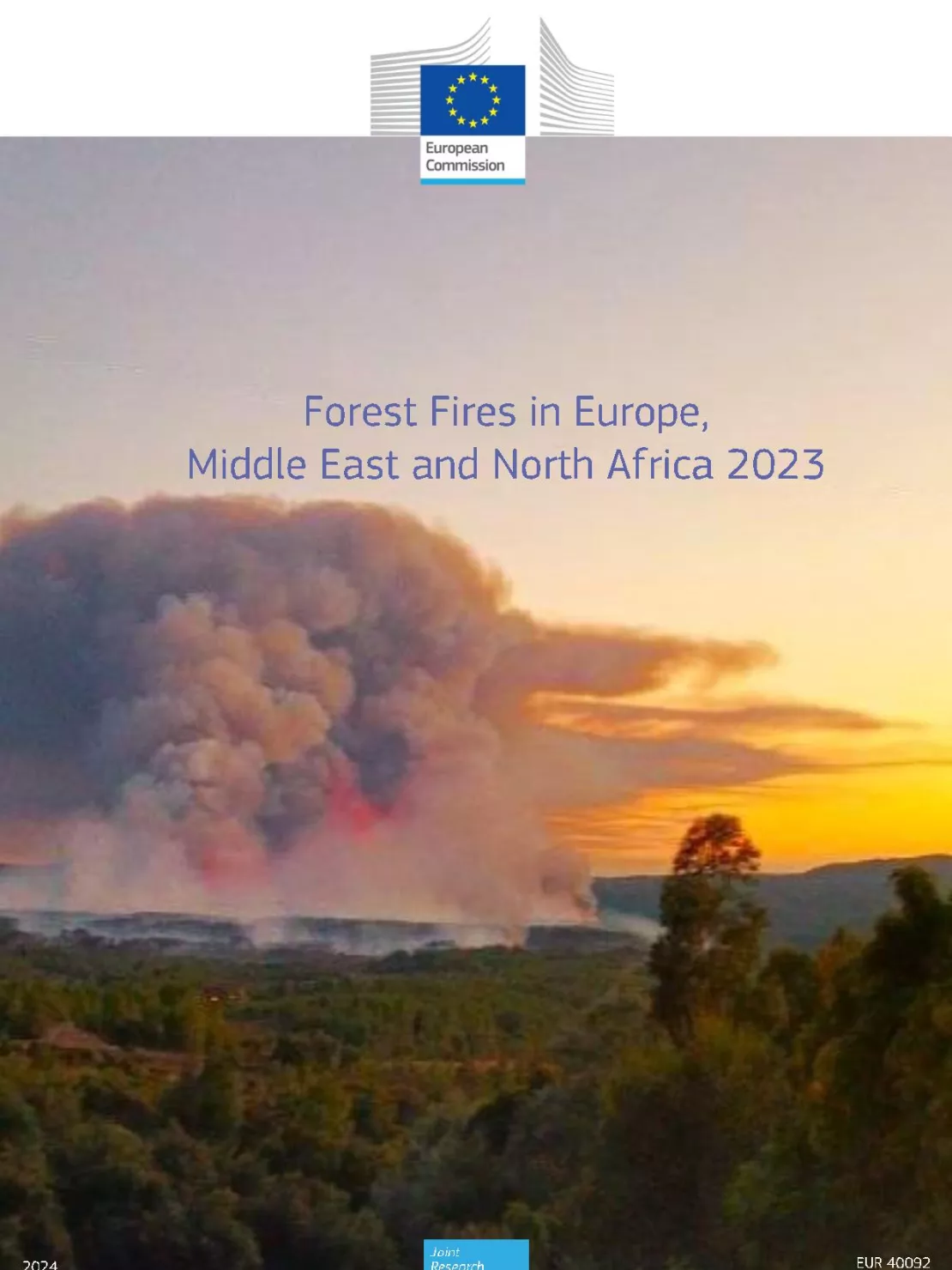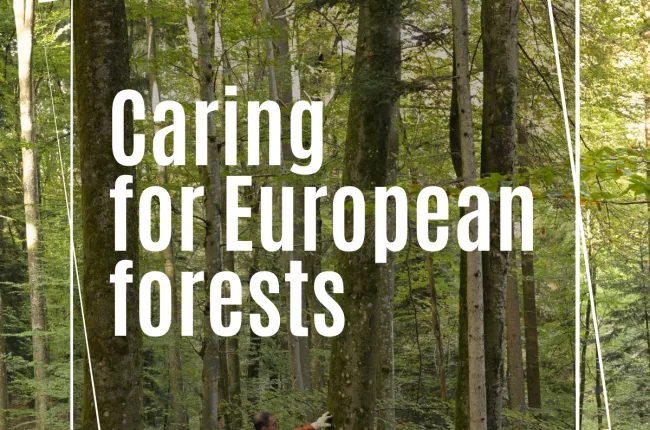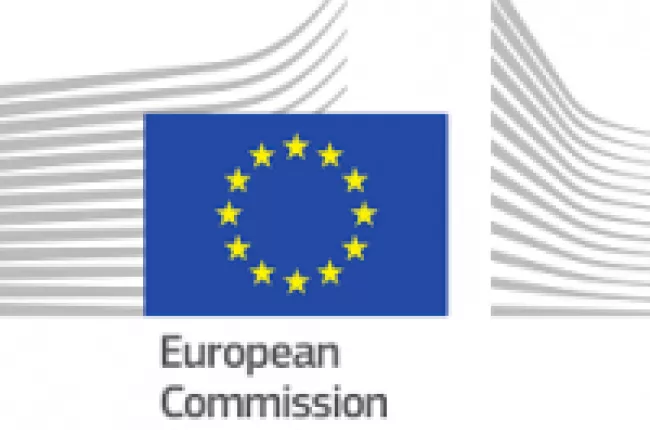The European Commission Joint Research Center’s (JRC) latest report “Forest Fires in Europe, Middle East and North Africa 2023” was published on 19 November 2024. The report highlights 2023 among the five worst years for wildfires in Europe while emphasizing that 2024 provides some relief.
The comprehensive annual report published by the JRC reflect on the previous fire season. Among its key findings the report presents that in 2023, nearly 500.000 ha of land burned in the EU. That approximately corresponds to half of the size of Cyprus or the size of Belgium.
In addition, 2023 saw ‘megafires’, impossible to bring under control by traditional firefighting means. One
of them, near the city of Alexandroupolis in the Greek region of East Macedonia and Thrace, was the largest single wildfire recorded in the EU since 2000, when the European Forest Fire Information System (EFFIS) started tracking.
The report also highlights the severe consequences of wildfires on the Natura 2000 network. Approximately 41% of the total burnt area in 2022 was located within this network.
Furthermore, the report reflects on known figures for the current fire season. In 2024 so far, wildfire season appears less severe than the past three years, although some countries, such as Greece and Portugal, still face devastating fires.
The report emphasizes the challenge of containing wildfires as they are, due to climatic hazards, more intense and affect larger as well as new areas. Additionally, the fire season in Europe now extends beyond the traditional summer period. The high frequency and intensity of wildfires during prolonged fire seasons pose a new challenge to firefighting services across Europe and globally, as aerial firefighting becomes more difficult and ground operations even more so.
The report highlights that addressing wildfires requires a multifaceted approach, including ignition prevention, landscape management, and raising awareness. With 96% of EU wildfires caused by human activity, education is vital. Climate risks must also be considered to improve preparedness and resilience, especially in high-risk areas.
The report adds that key actions include better wildfire risk information, enhanced forest management (as per the EU Forest Strategy for 2030), and early warning systems. These must be backed by strong firefighting capabilities, such as the expanded rescEU fleet in 2023.
Effective wildfire management depends on continuous cooperation between EU and national services, facilitated by platforms like the Expert Group on Forest Fires and EFFIS. The report concludes that tackling the growing wildfire threat requires improved information exchange and collaboration to support evidence-based policy and reduce future impacts.
For more information please see :
Report: Forest Fires in Europe, Middle East and North Africa 2023





